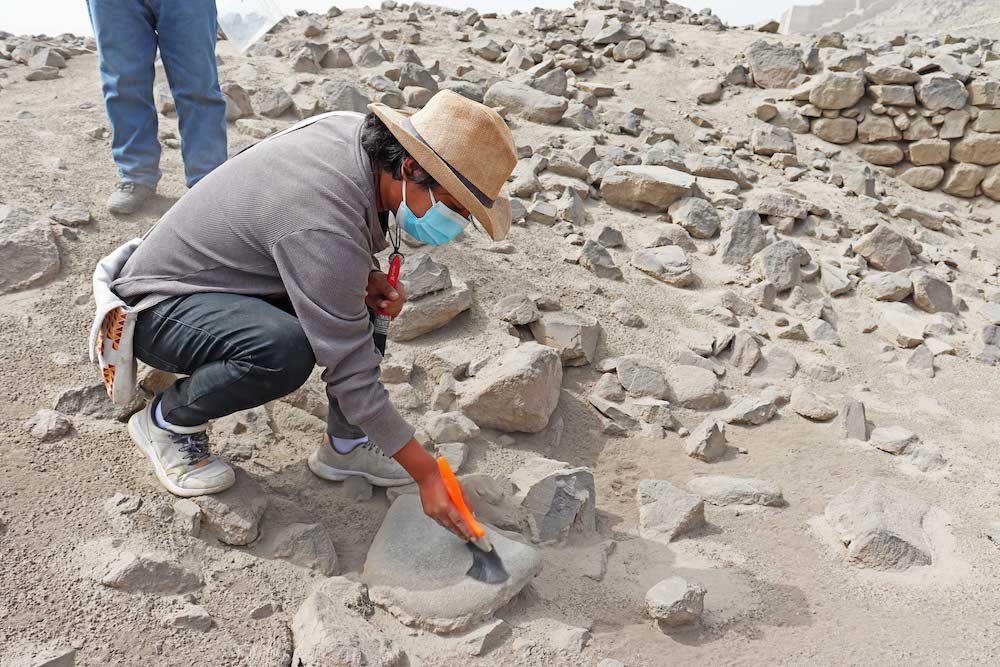Human Behavior
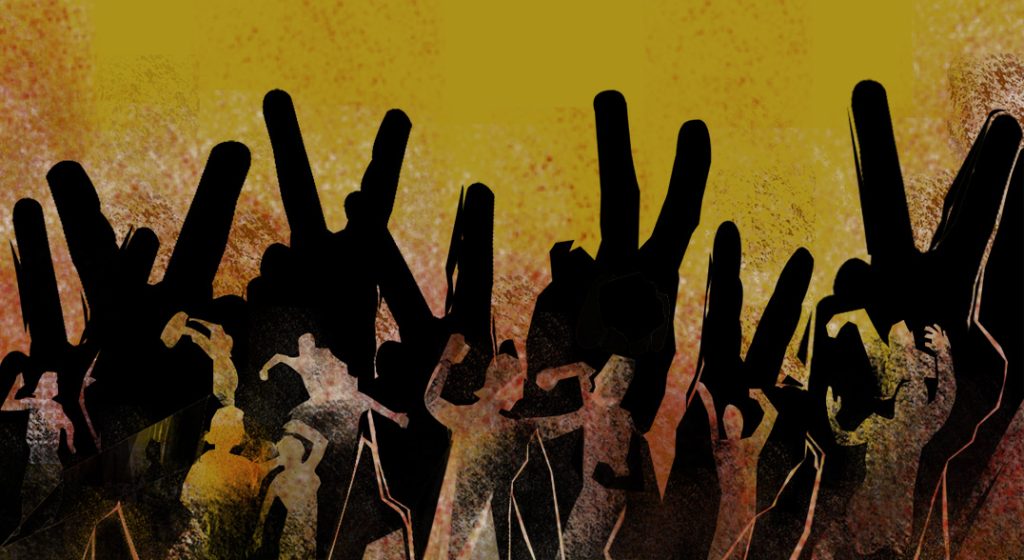
Biological anthropologists are interested in human behavior and what role evolution, genetics, and biology play in determining why we act the way we do. In this unit, students will learn about some of the current discussions regarding aspects of human behavior and what current events may indicate about our ability to adapt to unforeseen circumstances.
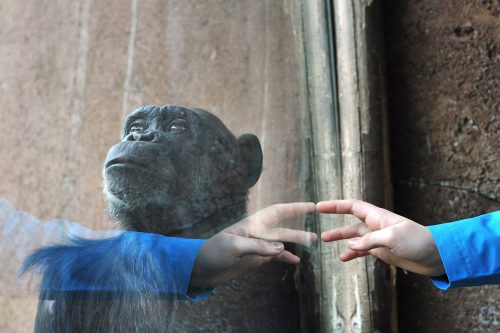
Chimpanzees Can’t Tell Us Much About Being Human

Could Group-Organized Violence Be Rooted in Empathy?

How Women Shaped Human Evolution Through Food Processing

To Raise Children, We Must First Raise Parents

Best of SAPIENS 2024

Phantom Vibrations of a Lost Smartphone

Are People Projecting Racist Stereotypes Onto Squirrels?

How Water Insecurity Impacts Women’s Health

An [un]Heroic Journey

Snapshots of Losing Jenna

What Vietnam’s Scarred Lands Reveal About Modern Warfare

Why Do Swallows Fly to the Korean DMZ?

Forest as Kin and Pantry in the Himalayas

Earworm

How Societies Morph With the Seasons

Ancient Tools in East Asia Reveal Middle Paleolithic Innovation

Connecting Local Communities to Paleoanthropology in Kenya

Were Twins the Norm in Our Primate Past?
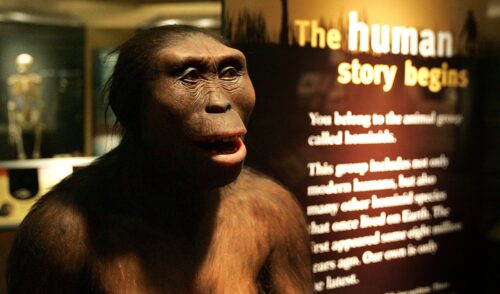
Lessons From Lucy

Unraveling a “Ghost” Neanderthal Lineage

Envisioning a More Empathetic Treatment of Great Ape Remains

Were Twins the Norm in Our Primate Past?
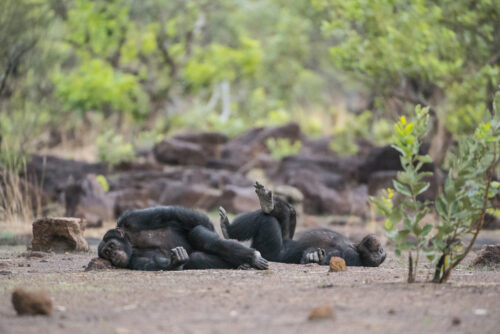
Spend a Day Tracking Chimpanzees
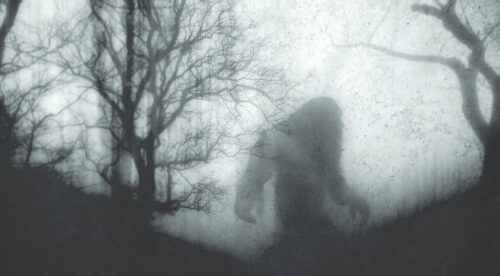
What Bigfoot Teaches Us About Public Mistrust of Science

Monogamy. Grandmas. Milk. The Evolution of Childhood Is Very Strange.
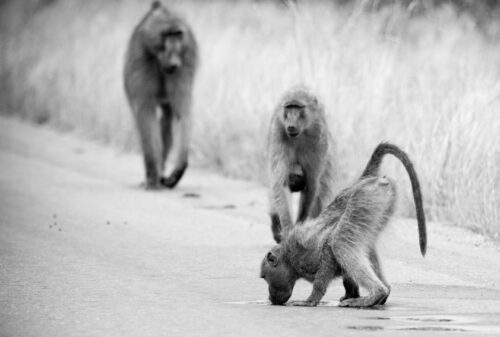
Extracting Hominin Evolution From Fossilized Teeth

An [un]Heroic Journey

Snapshots of Losing Jenna

What Vietnam’s Scarred Lands Reveal About Modern Warfare

Why Do Swallows Fly to the Korean DMZ?

When Calls for Vengeance Go Online

A Poetics of Liberation: An Imagined Archive
- Questions about why humans behave as we do are contemplated in a variety of disciplines.
- For biological anthropologists, the evolutionary roots of modern humans are of particular interest in explaining why we act and interact as we do.
- Humans have evolved to be social and cooperative, and to communicate using language and nonverbal cues.
- From an evolutionary view, biological anthropological queries about human nature include: whether or not humans are naturally violent, how we compare to other primates in our behaviors, and to what extent our environment, upbringing, and evolutionary background shape how we behave.
-
Kissel, Marc, and Nam C. Kim. 2018. “The Emergence of Human Warfare: Current Perspectives.” American Journal of Physical Anthropology 168 (67): 141–163.
-
Schmidt, Karen L., and Jeffrey F. Cohn. 2001. “Human Facial Expressions as Adaptations: Evolutionary Questions in Facial Expression Research.” American Journal of Physical Anthropology 116 (33): 3–24.
- What are the pros and cons of observing nonhuman primates in attempts to understand human behavior?
- What do Kissel and Kim (2018) conclude about the nature of humans and organized violence? How do cooperation and communication, two human strong suits, play into the authors’ arguments about the origins of violence?
- Why are social distancing and isolation so difficult for humans? What types of behaviors can we expect to see in people who are lonely and isolated?
- What have you learned about the study of nonverbal communication? Why is it of interest to biological anthropologists?
- Split the class into two groups and have them debate the question of “Why Are Humans Violent?”
- Have the students watch psychologist Steven Pinker’s TED Talk “The Surprising Decline in Violence.” His is a controversial argument. Have the students find anthropological critiques of it and write a paper on the evidence and arguments for/against Pinker’s viewpoint.
-
Article: SAPIENS’ “Why Social Distancing Feels So Strange”
-
Podcast: SAPIENS’ “Does Generosity Come Naturally?”
-
TED Talk: Robert Sapolsky’s “The Biology of Our Best and Worst Selves”
Eshe Lewis (2020)
Archaeological Methods
